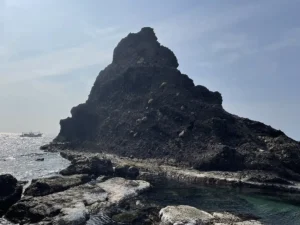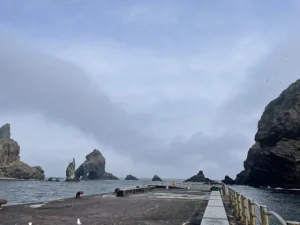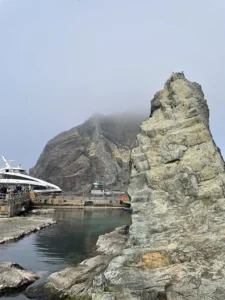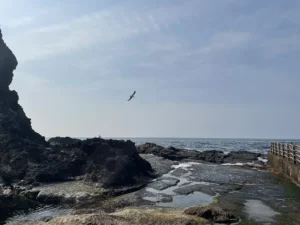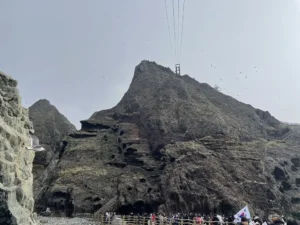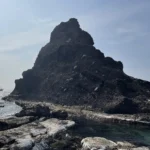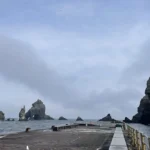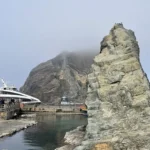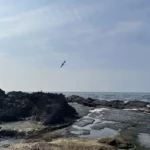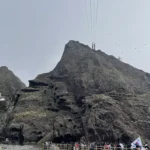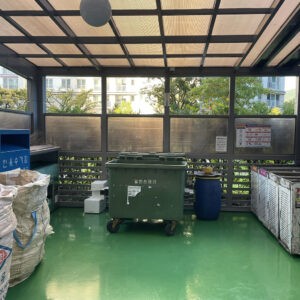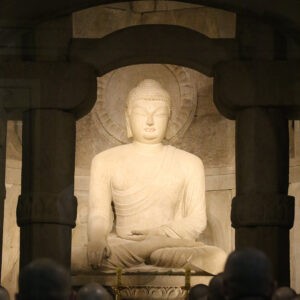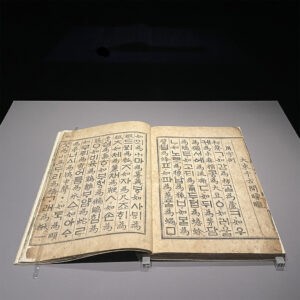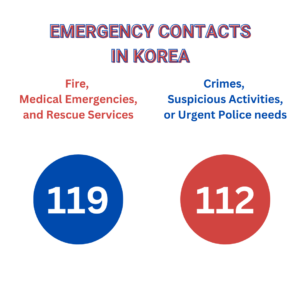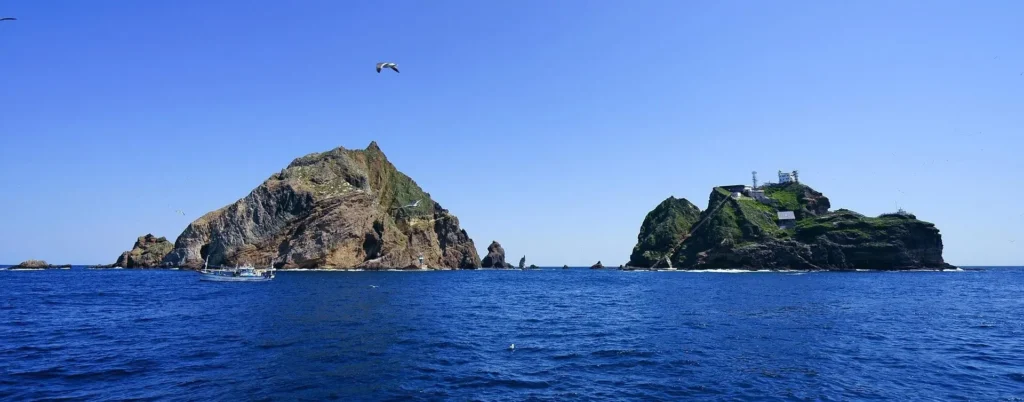
In the vast expanse of the East Sea, where the waves whisper stories of time, stands Dokdo—a cluster of rugged islets that symbolize more than just geography. To Korea, Dokdo is a beacon of sovereignty, a testament to resilience, and an emblem of independence. Its existence is not just a matter of territorial claim but a reflection of Korea’s historical struggles and unwavering spirit.
Dokdo’s Solitude: A Testament to Strength
Dokdo stands alone, battered by relentless winds and waves, yet unmoved. Its isolation mirrors the concept of self-reliance—an idea deeply embedded in both Korean and American cultures. Much like the untamed wilderness of America’s national parks, Dokdo’s solitude is not a weakness but a display of endurance. The towering cliffs and untouched landscapes echo a profound truth: true strength is often found in standing alone.
A Political and Historical Perspective
Dokdo’s significance goes beyond its natural beauty; it is intertwined with Korea’s historical struggles. For centuries, the islets have been recorded in Korean documents, such as the Sejong Sillok Jiriji (1454), affirming its sovereignty long before Japan’s claims. However, during Japan’s colonial rule (1910–1945), Korea lost control over its territories, including Dokdo.
Even after liberation, Japan continued to dispute Korea’s rightful claim, incorporating Dokdo into its educational materials and engaging in diplomatic tensions. But Korea has never wavered. Today, a small Korean coast guard unit resides on the islets, guarding what has always been part of Korea’s land and history. Dokdo stands as a reminder of Korea’s fight for independence—a victory not just against colonization but against any force that seeks to undermine its sovereignty.
The Resilience of Dokdo’s Ecosystem
Beyond its political and symbolic importance, Dokdo thrives in isolation, supporting diverse marine life and hardy plant species that have adapted to the harsh environment. This ecosystem serves as a metaphor for self-sufficiency and adaptability—values that resonate across cultures. Just as the flora and fauna of Dokdo have learned to endure and flourish, Korea, too, has persevered through hardships, emerging as a global economic and cultural powerhouse.
Why Dokdo Matters Today
Dokdo is more than a territorial dispute; it is a living testament to Korea’s past, present, and future. In an era where globalization fosters connection yet territorial tensions persist, Dokdo reminds us of the delicate balance between sovereignty and cooperation. It invites reflection:
- What does it mean to truly stand independent?
- How do nations assert their identity while fostering peace?
- In a world of growing interdependence, how do we protect what is rightfully ours while maintaining diplomacy?
Conclusion: A Call to Remember
Dokdo is not just a cluster of rocks in the East Sea. It is a symbol of resilience, independence, and national pride. It embodies Korea’s past struggles and future aspirations. The story of Dokdo challenges us to think about the meaning of sovereignty in an ever-changing world.
What does Dokdo mean to you? Share your thoughts in the comments below and help spread the story of Dokdo by sharing this article.
FAQ
[Share this article and let the world know the significance of Dokdo!]
Gallery
